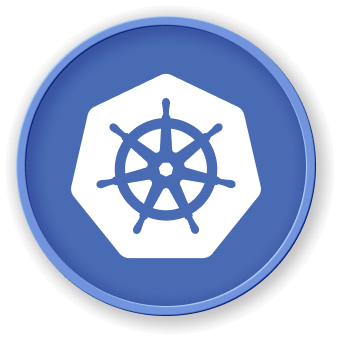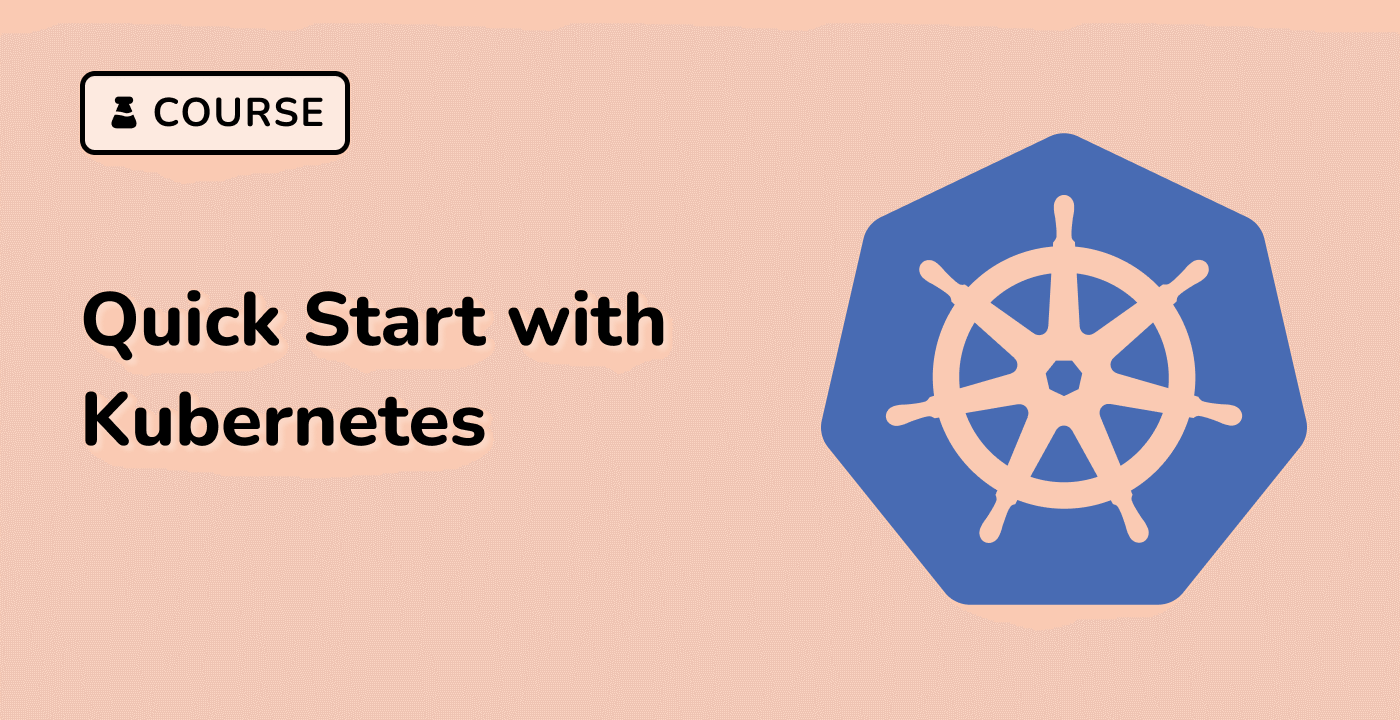Kubelet Log Analysis
Introduction to Kubelet Logging
Kubelet logging provides critical insights into node-level container orchestration, system diagnostics, and potential performance issues within Kubernetes environments.
Log Collection Mechanisms
| Log Collection Method |
Description |
| Systemd Journals |
Native Linux logging system |
| Kubelet Configuration Logs |
Direct configuration-based logging |
| Container Runtime Logs |
Runtime-specific log generation |
Kubelet Log Retrieval Commands
## View Kubelet System Logs
journalctl -u kubelet.service
## Filter Kubelet Logs by Severity
journalctl -u kubelet.service -p err
## Tail Real-time Kubelet Logs
journalctl -u kubelet.service -f
Log Analysis Workflow
graph TD
A[Collect Kubelet Logs] --> B{Analyze Log Entries}
B --> |Error Detection| C[Identify Potential Issues]
B --> |Performance Monitoring| D[Track System Performance]
C --> E[Troubleshoot Container Deployment]
D --> F[Optimize Node Resources]
Advanced Log Filtering Techniques
## Search Logs with Specific Keywords
journalctl -u kubelet.service | grep "error"
## Extract Logs from Specific Timeframe
journalctl -u kubelet.service --since "1 hour ago"
Log Configuration Parameters
## Modify Kubelet Log Verbosity
--v=4 ## Recommended logging level
--log-dir=/var/log/kubernetes
--logtostderr=true
Diagnostic Log Interpretation
Kubelet logs capture critical events including pod scheduling, container lifecycle management, node registration, and potential runtime errors, enabling comprehensive system diagnostics and proactive monitoring.



